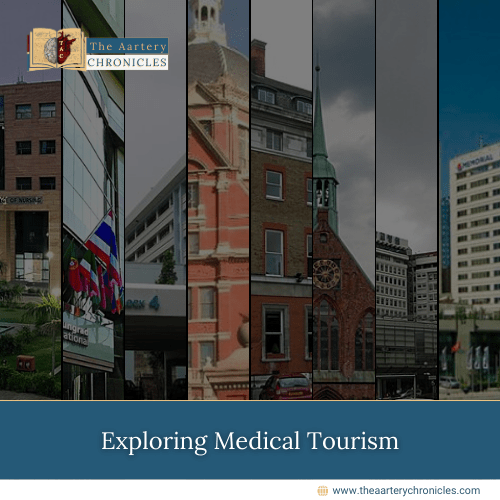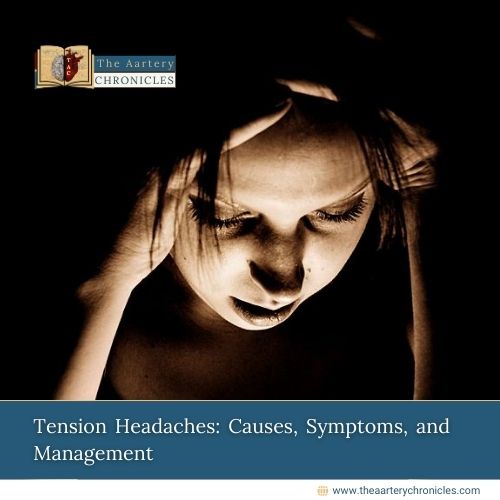

What Causes Heartburn and How to Cure It Fast
Introduction
Heartburn is an unpleasant sensation that millions of people experience every day. It manifests as a burning sensation that starts in the lower chest and spreads toward the throat. This condition, also known as acid reflux, can be caused by several factors, including dietary habits, stress, or specific medical conditions. While heartburn may seem like a temporary inconvenience, if left untreated, it can worsen and impact your quality of life. In this article, we’ll explore in detail the most common causes, available remedies, and practical tips for preventing and alleviating this condition, offering easy-to-implement solutions. Understanding the root cause of the problem is the first step to finding a heartburn cure and long-term relief.
Recognizing the symptoms of heartburn
Heartburn typically manifests as a burning sensation in the chest, usually after eating or when lying down. Other common symptoms include:
A warm or burning sensation rising from your stomach to your chest or throat
A bitter or acidic taste that lingers in your mouth
Discomfort that worsens when you lie down or bend over
A feeling like food is stuck or coming back up
Occasional coughing, sore throat, or even a raspy voice
Heartburn: Who’s at Risk
Individuals who regularly have large or heavy meals, especially close to bedtime
Pregnant people, due to hormonal changes and pressure on the stomach
Those who smoke or consume alcohol frequently
People under chronic stress or with irregular sleep patterns
Individuals taking medications such as painkillers, muscle relaxants, or certain antidepressants
Anyone with conditions like gastroesophageal reflux disease (GERD) or a hiatal hernia
Common Causes of Heartburn
The Role Of Nutrition And Lifestyle
Heartburn is often linked to dietary choices and lifestyle. Certain foods, such as fatty, fried, spicy foods, citrus fruits, and chocolate, are known to stimulate stomach acid and worsen symptoms. Alcohol and coffee consumption, along with large meals or eating before bed, can also contribute to acid reflux. According to recent studies, at least 20% of adults in Western countries experience heartburn at least once a week.
Stress is another factor that can exacerbate heartburn. When the body is under pressure, it produces hormones that can increase stomach acid production. Finally, cigarette smoking relaxes the lower esophageal sphincter, facilitating the movement of stomach acid up the esophagus.
Medical Conditions Related To Reflux
Heartburn can also be a sign of underlying medical conditions. The most common is gastroesophageal reflux disease (GERD), a chronic condition in which stomach acid regularly flows back up into the esophagus, causing irritation. A hiatal hernia, a condition in which part of the stomach protrudes through the diaphragm, can also contribute to the problem. In these cases, heartburn treatment goes beyond home remedies and requires medical intervention.
Heartburn Remedies
Lifestyle Changes
To relieve heartburn, lifestyle changes are essential. Avoiding large meals and dividing food intake into small portions helps reduce pressure on the stomach. Eating slowly and in an upright position can aid digestion, preventing reflux. It’s also important to wait at least two hours after meals before lying down.
Regular physical activity helps maintain a healthy weight, reducing the risk of reflux. Excess weight can increase abdominal pressure and cause stomach contents to back up. Quitting smoking and reducing alcohol consumption can bring about significant improvements.
Natural and Pharmacological Remedies
There are several natural remedies to relieve heartburn symptoms. Baking soda, for example, is a natural antacid that can neutralize stomach acid. Drinking chamomile tea or aloe vera juice can also soothe inflammation and reduce discomfort.
When natural remedies aren’t enough, over-the-counter medications can be helpful. Antacids neutralize stomach acid, while proton pump inhibitors (PPIs) and H2 receptor antagonists reduce acid production. However, it’s important not to overuse these medications and consult a doctor if symptoms persist.
Practical Advice And Prevention
To avoid heartburn, it’s helpful to adopt some daily habits. Eating at regular times and choosing light, low-fat foods helps prevent reflux. Sleeping with your head elevated can also reduce the risk of acid reflux during the night. Wearing loose, comfortable clothing can also relieve pressure on the stomach, especially after meals.
Conclusion
Heartburn can be an occasional nuisance or a chronic problem, but there are many solutions to manage it effectively. Understanding the causes, such as lifestyle and medical conditions, is essential to finding the most appropriate treatment. Changing dietary habits and adopting a healthier approach to life can often prevent the problem from developing. Furthermore, natural remedies and available medications offer quick and effective relief.
If symptoms persist despite lifestyle changes and treatments, it’s essential to consult a doctor to rule out more serious conditions, such as GERD or hiatal hernia. Taking care of your digestive health not only improves your quality of life but can also prevent long-term complications. Never ignore your body’s signals and always seek practical, long-lasting solutions.









